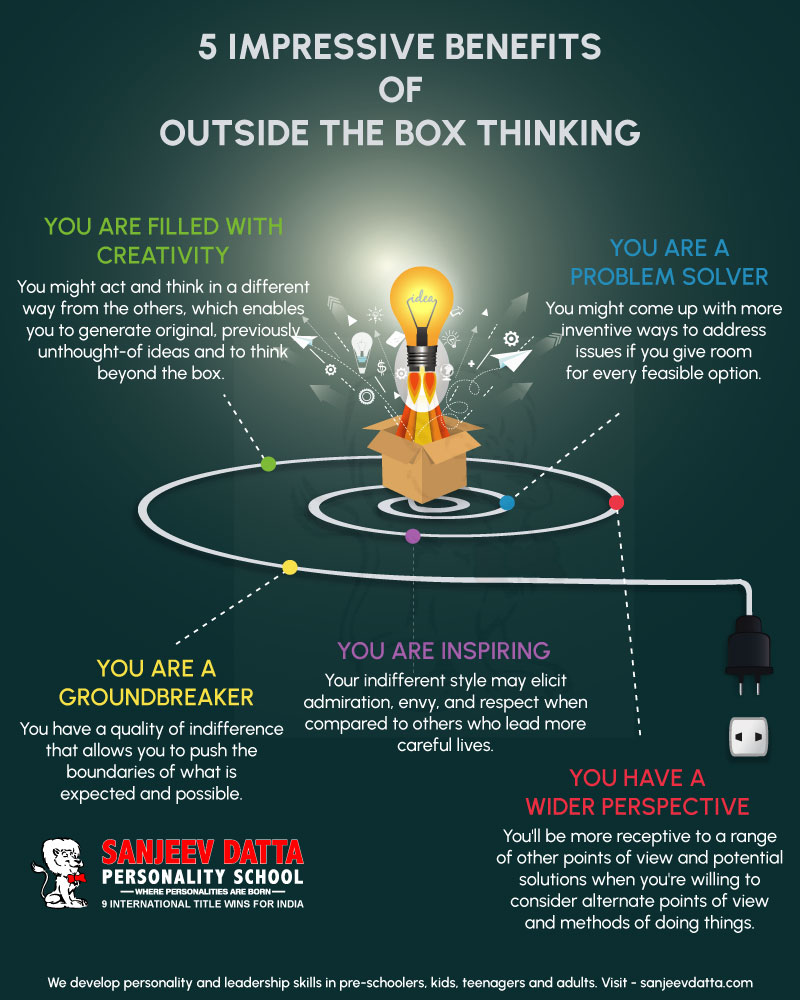Are you aware of the impact that self perception has on communication? Come! In this article, let’s analyze the significance of self perception in communication in detail. Self perception is the judgments that individuals draw about their attitudes and feelings in light of their actions. For instance, someone who consistently orders rice as their main food for dinner may conclude that they enjoy it. They come to a conclusion concerning their thoughts on the food based on their actions.
It is a perception of who we are, what we are like, and the assessments we have of those qualities. It consists of two fundamental processes:
- Self-concept: The idea of ourselves we have in our heads.
- Self-esteem: How we assess and rate those characteristics.
Role of Self Perception in Communication:
Each person’s perceptions are distinctive and vary widely. Our point of view impacts our emotions and communication effectiveness. In other words, how we communicate is influenced by both our own and other people’s perspectives. By using other-oriented speech, a person can practice communication skills and increase their capacity to listen to and take into account input from others. Self-concept and self-esteem are shown to others via conversation, and this has an impact on how other people respond to them. As a result, how one believes others perceive them affects how they understand their communication, which in turn affects how they respond.

Self-concept influences communication in many ways: how people think and feel about themselves, their judgments of others, their perspectives on social standards, and even the language they use to interact with others. As a result, how you view the world affects how well you communicate. It is possible to improve communication by adequately focusing on your perception.

Let’s look at the following ideas for getting over perceptual obstacles:
- Inspect Your Assumptions:

We all have preconceived notions of one another, so it would be impossible to approach everyone every day with a brand-new perspective. However, you must always check those assumptions and ideas. Don’t automatically believe that the reasons behind your feelings are valid. Instead, consider how another person may view the actions and circumstances occurring around you.
Visit: 7 micro expressions
- Adopt Positive Body Language:

Your body language, eye contact, and other nonverbal cues during social interactions can convey a lot about how confident, interested, or involved you are in a conversation or subject. It’s critical to be aware of how your physical behaviors could be misunderstood because body language can be quickly changed by stress or fatigue. To avoid unwittingly offending others around you or delivering the wrong impression, adopt good body language when speaking with others. Additionally, you can also employ the best soft skills coach to improve your body language.
- Be Sincere, Open-minded, and Tactful:

How often do you avoid expressing your true worries in a stressful circumstance, causing you to react poorly? When someone is terrified of coming across as weak, dumb, or ignorant, they frequently act defensively. When you don’t have the solutions, refrain from yelling at people. To get clarification on concepts you don’t grasp, ask questions. Make it obvious that you are simply seeking more information and not criticizing the other person’s viewpoint. One tactic is to speak in a way that places more emphasis on your perceptions than the actions of the other person. For instance, instead of stating, “You don’t make sense,” think about saying, “I’m having problems understanding this. If you could provide us with another way to put it, that would be helpful.” You can also seek the help of the best corporate coach of india since these three traits are related to the business world.
- Avoid Distorted Thoughts and Behaviors:

You already know that we all have perceptual biases that skew our thinking from our discussion of attribution errors. Many of these are widespread, and we frequently think erroneously without even realizing it. Understanding some of the common destructive thought and behavior patterns may enable us to recognize them and take appropriate action. Self-confidence and overcompensation are two examples of such patterns.
- Recognize your Perceptual Obstacles:

Recognizing your biases is the best thing you can do to improve communication. Spend some time considering past misunderstandings so that you can feel what to do better moving forward. Consider whether your past experiences or personal beliefs cause you to routinely judge particular circumstances or persons negatively. Keep these insights in mind going future when you come across a potential trigger.
- Develop Tactics for Precise Perception:

Look at how you perceive things. Consider how your perceptions are created and challenge them. Regularly check in with others around you, and be conscious of any assumptions you are making. Look for additional data and observations. You might only need to inquire as to the integrity of your perceptions. Improve your perception by working on it. Become more conscious of perceptual barriers and the ones you tend to favor. Regularly check in with yourself. You can improve your self-awareness by asking others for honest, helpful input on how they see you. Consider others. By actively listening to them, attempting to learn about them, and visualizing yourself in their shoes, you can improve your capacity to focus on other people and understand them better.
Visit: why strategic perspective for leadership
Hope this article has convinced you of the significance of self perception in communication. To communicate more effectively, refine your perceptions. Maintain an optimistic attitude!
Why Sanjeev Datta Personality School?
INSTANT PERSONAL & PROFESSIONAL GROWTH
We have seen our iconic youth students* to get appraisals & promotions within 6 months of completing our course.
BETTER LIFE FUNCTIONALITY LEVELS
Our TAM Theatrical Action Method modules are practical & create a lifelong imbibing of skills to better the life functionality level.
COMPLETE SKILLS DEVELOPMENT
Covers all aspects of Iconic Youth Skills from internal persona traits, personality strengths to relevant Skill set.
CUSTOMISED COURSE MODULES
Tailor made one on one training program to address individual requirements post our Success Skills Assessment.
SANJEEV DATTA PROGRESSIVE TRAINING
All success parameters of our students are marked at the beginning & mapped throughout the program to analyze regular improvement in Success ability.
ASSURED PERSONA TRANSFORMATION
Learn from the Pioneer & Personality Skills Mentor for International Pageants with 9 title wins for India.


